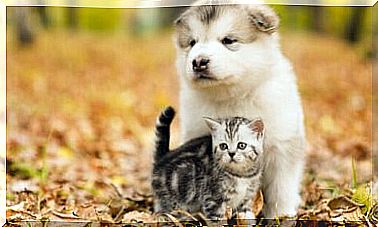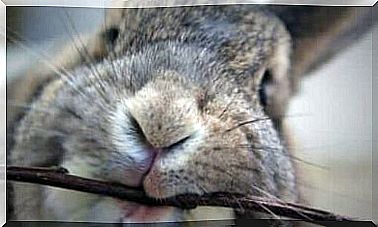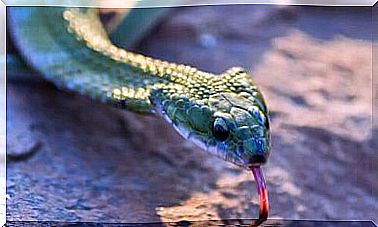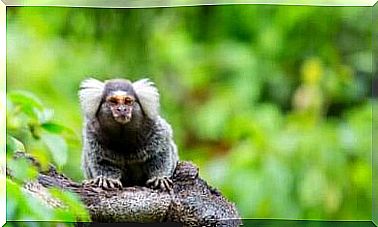The Importance Of Herbivores: Learn More Here!
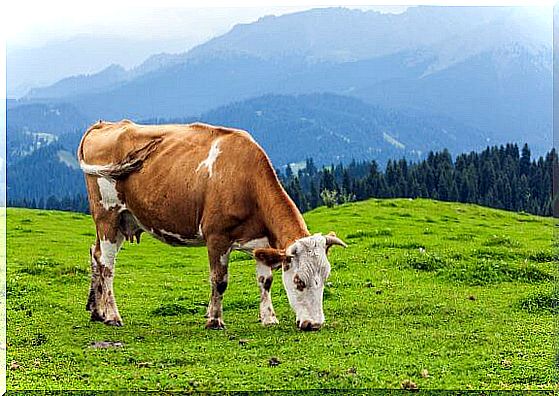
There is a lot of talk about how carnivores are important to ecosystems because of the food chain. But, in addition, an experiment carried out in the Alps demonstrates the importance of herbivores in nature.
Research carried out by the Swiss Federal Research Institute has demonstrated the importance of herbivores through the selective disappearance of animals in the ecosystem.
The work, published in the journal Nature Communications, is based on installing fences that exclude certain animals.
These fences allow animals of different sizes to be excluded from the environment. That is, fences of different sizes were used to test the importance of herbivores of any species.
Therefore, some of these fences allowed the passage of small mammals, such as rabbits. In turn, other fences prevented even the passage of snails.
The importance of herbivores: what happened?
Researchers have noticed that when large mammals are absent, other plant species predominate.
This could have huge consequences for all species communities present in an ecosystem.
In addition, scientists also managed to exclude all animals. This caused plants to further reduce their relationship with bacteria or other components of ecosystems.
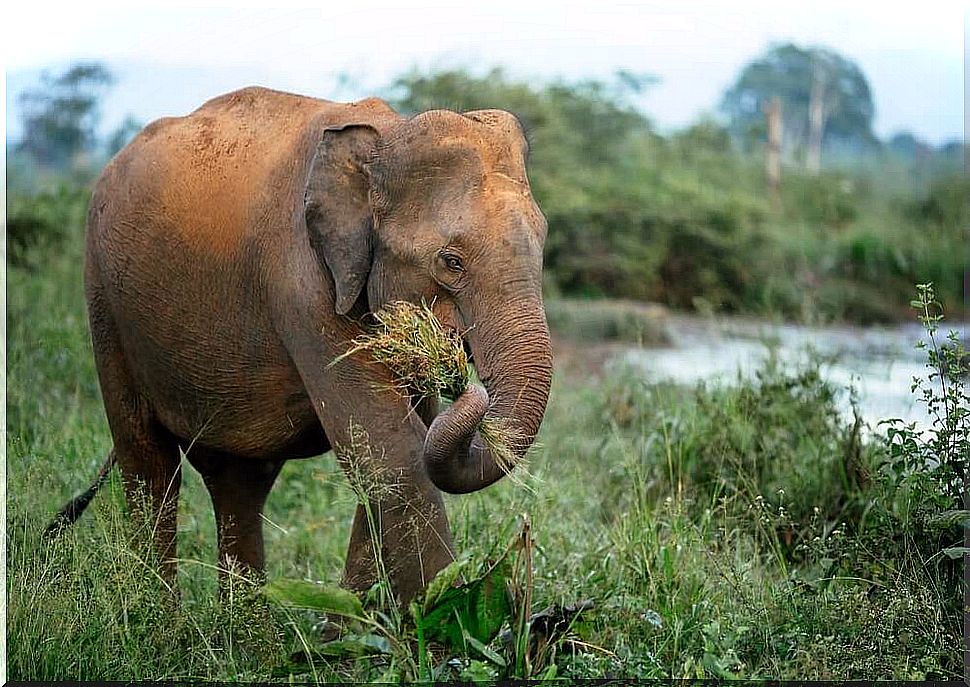
The researchers noted that invertebrates play a special role in the ecosystem. Something that was not taken into account in many studies with the presence of large ungulates, such as deer.
What worries researchers now is how the reduction of invertebrates, which is taking place across Europe, is affecting ecosystems.
This disappearance is taking place in protected areas. Therefore, researchers warn that protecting invertebrates is vital to defending biodiversity.
Fertilizers and Pasture
This is not the first study to demonstrate the importance of herbivores in ecosystems. In 2014, a study compared grasslands around the world.
The research revealed that, given the abuse of fertilizers that harmed some invertebrate populations, there was an increase in herbivorous animals to regulate the ecosystem.
The study also limited herbivore access. In this case, pastures regulated by antelopes, cows or deer presented greater biodiversity when compared to those with excess nutrients through fertilizers.
This is because grazing animals allow some plants not to grow as much. In this way, the blocking of the sun for other plants is avoided, which also reduces the input of nutrients.
Also, many plants require few nutrients. Therefore, an excess of nutrients caused by fertilizers makes them have more natural competitors in the environment.
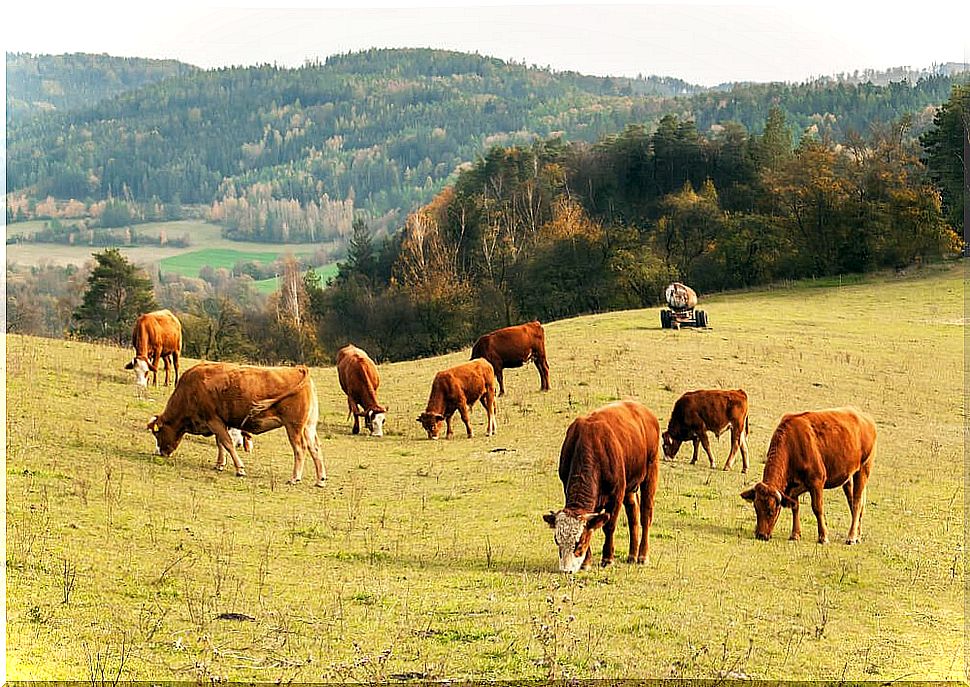
In this case, the work also included the participation of domestic herbivores. This demonstrates the importance of extensive agriculture and increasingly rare phenomena such as herd migration.
Finally, plants domesticated by humans tend to have higher nutrient demands, although they also produce larger fruits.
Despite this, many wild plants, necessary to maintain invertebrate populations, do not grow if they have to compete with others.
Naturally, large carnivores such as the wolf play a vital role in ecosystems. But let’s not forget that all animals play a vital role in nature, so protecting them is always necessary.
